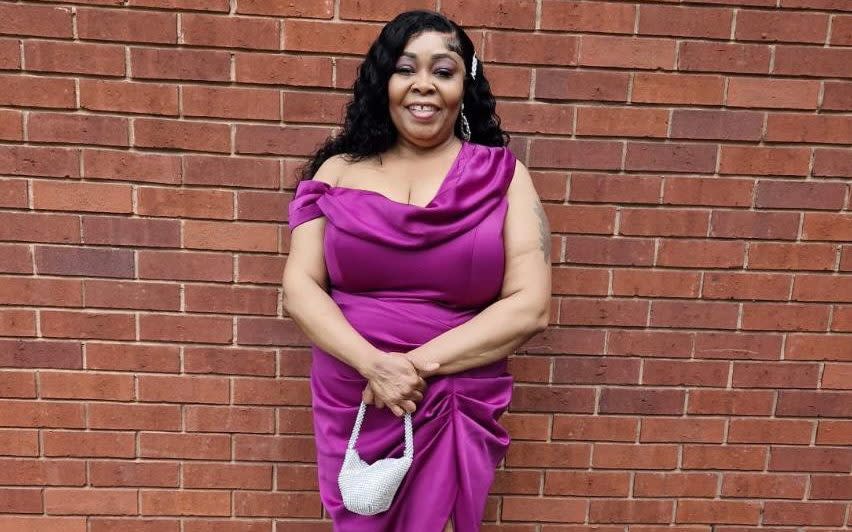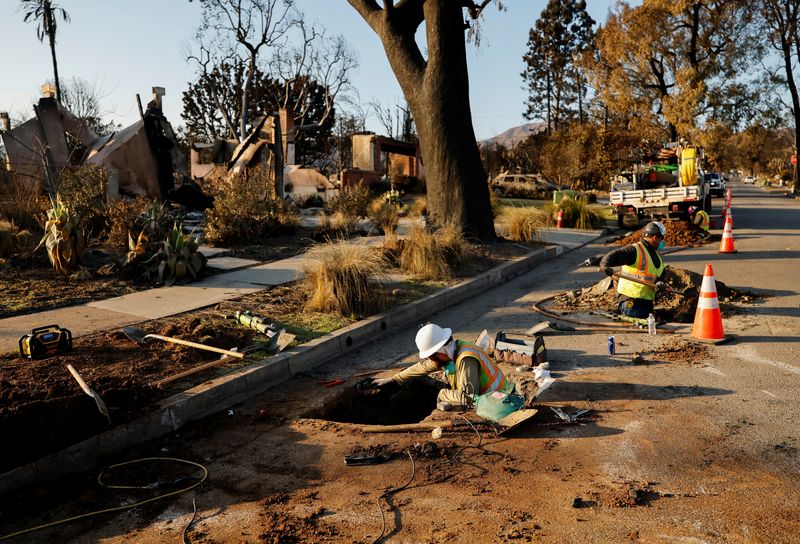A judge “condemned” a Christian woman to die “from dehydration”, despite her belief in the sanctity of life, her family has claimed.
Hyacinth McIntosh, 54, died on Christmas Day after a court ruled that it was in her “best interests” to have life-sustaining treatment, including hydration, withdrawn.
She had been in a coma for six months following a heart attack in May that caused severe brain damage.
On Nov 11, the Court of Protection ordered McIntosh, from south London, to be removed from life support. Despite opposition from friends and family, as well as a last-minute legal challenge, artificial ventilation, feeding, and hydration were withdrawn on Dec 14.
ADVERTISEMENT
Shanika Davis, McIntosh’s daughter, told The Telegraph that the court’s refusal to provide her mother with fluids during the 11 days she survived without a ventilator compounded the family’s grief.
The National Institute of Clinical Excellence (Nice) guidelines, introduced after the 2013 Liverpool Care Pathway scandal, advises clinicians to consider providing hydration to dying patients.

Supported by the Christian Legal Centre, Ms Davis obtained independent expert evidence from Prof Sam Ahmedzai, a palliative care doctor who helped draft Nice’s 2015 end-of-life protocol.
In an urgent court application, Prof Ahmedzai argued that denying McIntosh fluids was “cruel, inhuman and degrading” and violated palliative care standards.
But a judge dismissed this argument, claiming that it sought to inappropriately “relitigate” an earlier ruling to withdraw all treatment.
ADVERTISEMENT
When McIntosh was discharged home on Dec 20, her family claimed that the hospital told her GP that she was “not for fluids”.
Three days later, on Dec 23, a social worker and hospice doctor, who were not employed by the hospital, visited the family.
Ms Davis claimed that when she requested an infusion to save her mother from dehydration, the social worker intimidated her.
McIntosh died on Christmas morning.
Her family strongly believed that her Christian beliefs meant that she would have wanted to be kept alive.
‘Beyond cruelty’
Ms Davis told The Telegraph that the way her mother died was “beyond cruelty” and that the family refused to believe that it was in her “best interests” to die.
She said: “My mother was at the centre of our large family and a big part of her community and a pillar of her local church with lots of friends. She was a popular person who cared deeply about other people.
ADVERTISEMENT
“Everyone who knew her said that she would have wanted to take every chance to continue to live and would not have wanted to be put to death.
“Our wishes as a family and my mother’s right to life have been trampled on by the hospital and the courts.”
In his report, dated Dec 11, Prof Ahmedzai said it would be “absolutely incumbent” on clinicians to maintain McIntosh’s hydration if she survived for longer than a few days after being taken off a ventilator.
He said: “In my opinion, there is no justification for withdrawing existing nasogastric hydration and feeding in such a case, even after withdrawal of assisted ventilation. Even if, after extubation, [McIntosh] lives for only a matter of days, then removal of the NG [nasogastric] tube would be an unnecessary and unusually cruel, degrading and inhuman thing to do.”
The professor told The Telegraph that the withdrawal of artificial hydration from dying people, even when families are “begging” for it, is one of the hallmarks of the now infamous Liverpool Care Pathway.
ADVERTISEMENT
He said: “It is incredible that a practice abolished by Parliament in 2013 is still being used and led to a lady dying from dehydration on Christmas Day.”
The family feels strongly that dehydration should be identified as the immediate cause of McIntosh’s death, but it is not currently listed on her death certificate.
‘Death was forced on us’
Ms Davis said: “Even now, authorities are refusing to put on my mum’s death certificate that the immediate cause of her death was dehydration.
“Contrary to the doctors’ predictions, my mother survived the removal of ventilation support and breathed very well on her own, with oxygen saturation between 95 and 100 per cent at all times.
“However, the NHS and the court refused to revisit their earlier decision and condemned her to a cruel death from dehydration, rather than admit that they might have made a mistake.”
She added: “Death was forced on us rather than helping us pursue options for life. That is wrong and we are appalled by how many other families have had to go through this.”
Andrea Williams, the chief executive of the Christian Legal Centre, said McIntosh’s death raises serious questions about the readiness of the courts and NHS to manage the planned legalisation of assisted dying.
She said: “This story raises the spectre of how vulnerable patients and families will be treated under any ‘assisted dying’ legislation. It’s highly concerning. Good law protects life, does not blur boundaries and should never promote death.
“If this is happening before ‘assisted suicide’ legislation is passed, imagine what we will see if such legislation comes into force.”
Ms Davis said: “We do not believe the state can be trusted to create a system of ‘assisted suicide’ across the NHS, when as a family we have seen doctors and judges condemn our mum to such a cruel death against our wishes and beliefs.”
A spokesman for King’s College Hospital NHS Foundation Trust, the hospital that treated McIntosh prior to her death, told The Telegraph: “Following the decision made by the High Court that continuing treatment was not in Hyacinth McIntosh’s best interests, we acted fully in accordance with the court order, including to provide end-of-life care.
“Our clinical teams ensured that her comfort and dignity were at the centre of her care at all times. Our thoughts continue to be with Hyacinth’s family at this difficult time.”
EMEA Tribune is not involved in this news article, it is taken from our partners and or from the News Agencies. Copyright and Credit go to the News Agencies, email news@emeatribune.com Follow our WhatsApp verified Channel




